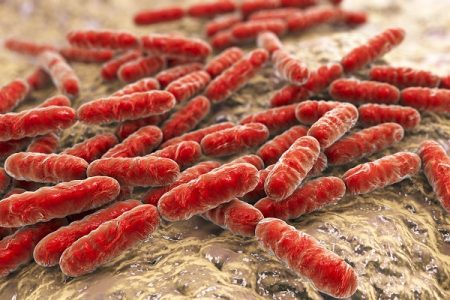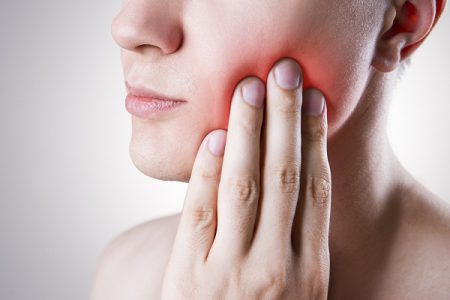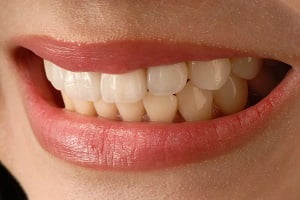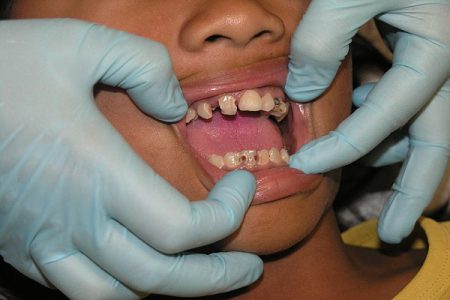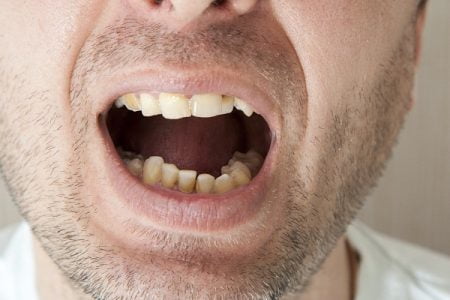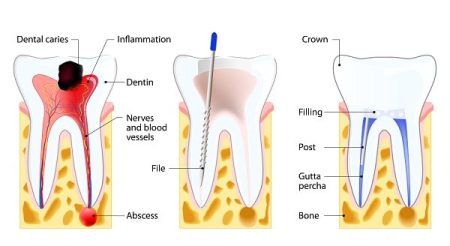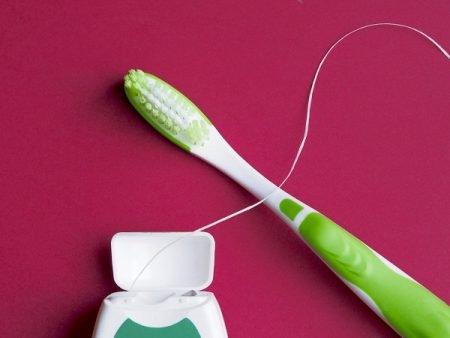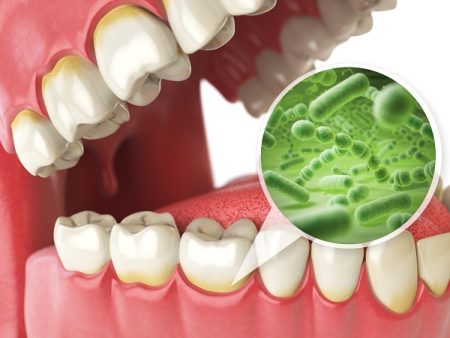Browsing: Dental Caries
Comprehensive Information, Resources, and Support on Dental Caries
Probiotics are living organisms that are used for health benefits in medical science. These live organisms are good bacteria. They are available now in different forms, but probiotics are naturally found in foods such as yeasts, yogurt and other fermented foods and drinks. Probiotics can be used in the fight against tooth decay and dental cavities (dental caries).
Toothache A toothache is pain that you feel in your tooth. It is a sign that something is wrong with…
A dental crown is a tooth-shaped cap that is placed over your damaged tooth. You need a dental crown for restoring the original shape, size, strength, and appearance of your tooth. The tooth crown covers the entire visible portion of the tooth, including the tooth region below the gum line and tooth region above the gum line.
What is Halitosis (Bad Breath)?
Dry mouth can cause bad breath. Saliva is necessary to keep your mouth moist, neutralize the acids produced by plaque, and wash the dead cells away from your tongue, gums, and cheeks. If these bacteria are not removed due to insufficient saliva, these cells decompose and cause bad breath.
A colored composite resin or bonding (adhesive) material whose color is similar to the tooth color binds the broken pieces of the damaged or decayed tooth. Chips, discoloration, cracks, spaces, shape of teeth, etc. all can be repaired with the help of dental bonding.
Bad teeth refers to unhealthy or ugly teeth with gum related issues in teeth, infected teeth, rotten teeth, decayed teeth, impacted teeth, etc. The unappealing appearance is also a matter of concern for people. New artificially made teeth set or veneers can be used to get rid of bad teeth.
If you have dental cavities, you may have a toothache or a dull pain in your mouth. Your teeth become sensitive, and visible holes appear in your teeth. Sometimes dentists miss the early signs. It is important to do a regular visit to a dentist so that your dentist can point out any abnormalities early on.
How Are Dental Cavities Treated?
Treatment of tooth decay (dental cavities) depends on how bad your cavity is. Most often, the dentist extracts and removes the decayed portion of your tooth. He fills in the hole with a filling made of a composite resin or other material. Allergies to fillings are rare.
What Can I Do To Keep Cavities From Forming?
A good oral hygiene can help you avoid cavities and tooth decay. You should use toothpaste that contains fluoride. Brush your teeth at least twice a day and ideally after every meal. Use a mouth rinse with fluoride if you are at a high risk and visit your dentist regularly.
What Causes Tooth Decay?
The cause of tooth decay is acid formed from bacteria when they dissolve the enamel of your teeth. The acid is produced from food particles that remain in the teeth. If the breakdown is greater than build up, cavities do form. Caries is also associated with poor cleaning of the mouth.




